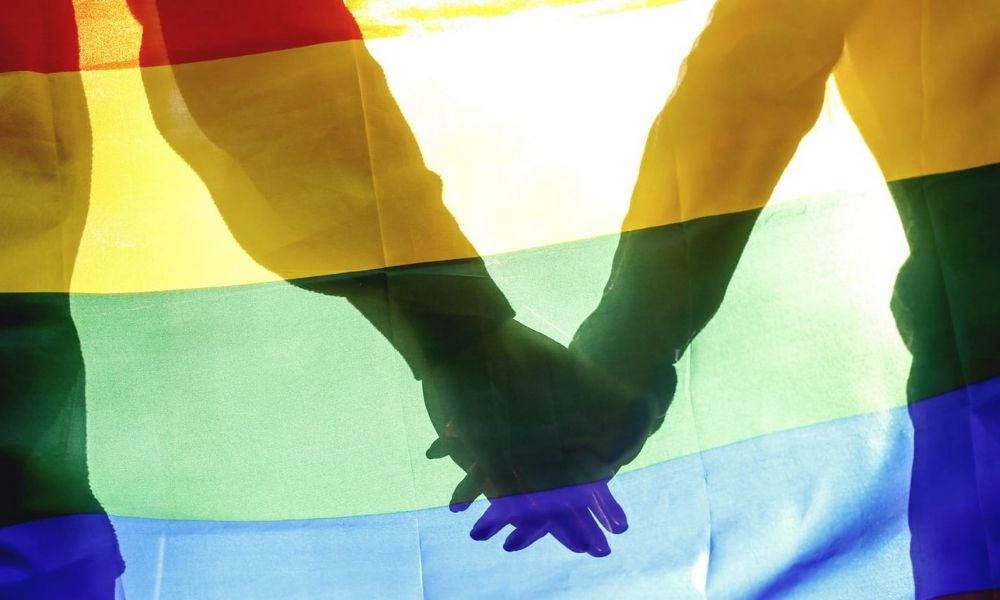LI Network
Published on: February 19, 2024 at 15:31 IST
In a groundbreaking move, Greece has become the first majority-Orthodox Christian nation to legalize same-sex marriage under civil law. However, prospects of other Orthodox countries following suit seem uncertain, given the traditional stance of the Eastern Orthodox leadership on same-sex relationships.
The Eastern Orthodox leadership, lacking a centralized authority like a pope, has consistently opposed the recognition of same-sex relationships, both within its religious rites and in civil law. Public opinion in majority Orthodox countries has mirrored this stance, with surveys conducted by the Pew Research Center in 2015 and 2016 indicating widespread opposition.
While Greece’s move is significant, it stands as an exception within the Orthodox world. Two smaller majority-Orthodox countries, Montenegro and Cyprus, have allowed same-sex unions in recent years, suggesting a possible shift. Civil unions may gain traction among Orthodox countries aligning with the European Union, although Russia and its allies remain resistant.
The Orthodox world, with approximately 200 million followers primarily in Eastern Europe and neighboring Asian lands, faces internal debates on LGBTQ+ inclusion. A 2016 statement by a council of most Orthodox churches emphasized the traditional definition of marriage between a man and a woman.
In Greece, where the majority is Orthodox, public opinion has shown relative tolerance, with recent polls indicating support for the new marriage law. However, the Orthodox leadership in Greece opposed the law, emphasizing the divine origin of gender duality.
According to George Demacopoulos, director of the Orthodox Christian Studies Center at Fordham University, civil unions may become a reality in European Union-affiliated Orthodox countries, despite potential resistance from assemblies of bishops.
Ukraine, a majority Orthodox country, grapples with the issue of same-sex partnerships, with a bill for civil partnerships currently pending in Parliament. The All-Ukrainian Council of Churches and Religious Organizations has opposed the draft law, reflecting the broader conservative sentiment.
Russia, under President Vladimir Putin’s leadership, has taken a staunchly conservative stance against LGBTQ+ rights, effectively outlawing same-sex marriages in 2020. The Russian Orthodox Church, led by Patriarch Kirill, aligns with this position, viewing LGBTQ+ activism as a threat to traditional values.
Serbia and Montenegro, influenced by the Serbian Orthodox Church, show mixed results in addressing LGBTQ+ rights. Montenegro passed a bill allowing same-sex partnerships in 2020, while Serbia’s draft law on the matter never reached a parliamentary vote.
Romania and Moldova, both majority Orthodox countries, face challenges in recognizing same-sex relationships. Romania, a European Union member, received criticism from the European Court of Human Rights for not recognizing same-sex couples’ rights, while Moldova, an official EU candidate, maintains a similar stance.
Bulgaria, with a predominantly Orthodox population, remains resistant to legal recognition of same-sex couples, as indicated by a hostile public opinion. The Bulgarian Orthodox Church leaders condemned a European Court of Human Rights ruling on the matter, further complicating the path to legal recognition.
In the complex landscape of Orthodox countries, Greece’s historic move towards same-sex marriage raises questions about the potential for change within the broader Orthodox community. The journey towards LGBTQ+ inclusivity in Orthodox nations seems to be marked by diverse perspectives and varying degrees of acceptance.

